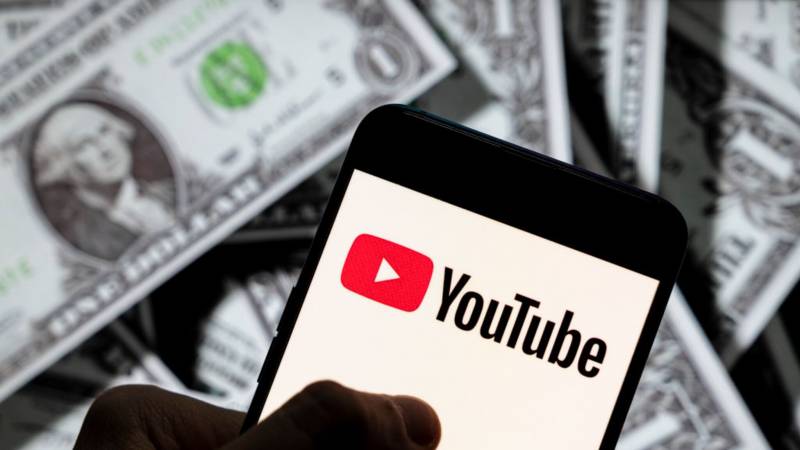A new law that seeks to give Canadian artists a leg up online has left many influencers and tech giants alike seeing red. They took out subway ads, and they posted TikToks, but in the end, the score was Silicon Valley-0, Ottawa-1. After many twists and turns, and over two-and-a-half years of review, the Canadian government has passed a new law that makes tech giants like YouTube and TikTok support Canadian cultural content. The law, dubbed Bill C-11, gives the Canadian Radio-television and Telecommunications Commission (CRTC) broad authority to regulate these platforms, much like they already do with radio and television. The government says it is necessary to stop streaming giants from getting a free rides and to promote local artists. Although it's still unclear what those final regulations will look like, the law has raised the ire of everyone from TikTokers to esteemed author Margaret Atwood. YouTube took out ads in Toronto's subway decrying the bill, which they said would take power away from viewers and creators and put it in the hands of bureaucrats. Ms. Atwood, never shy with her opinion, likened it to Soviet censorship. Some Canadian influencers have even threatened to move to the US.
Content culture wars
With a global cultural juggernaut just south of the border, Canadians have long grappled with the issue of how to make sure that home-grown content, like music and television, does not get drowned out by the glitz and glam of its American competition. Since the 1970s, the CRTC has been in charge of regulating broadcasters, including setting quotas for the minimum amount of Canadian content a radio or television station must play and requiring broadcasters to spend at least 30% of their revenue-producing Canadian content.
Dubbed "CanCon," the complex system has helped boost some of the country's biggest cultural exports, including musicians Celine Dion and Drake and the sketch comedy show Kids in the Hall.
But by the 21st Century, Canadians were letting the algorithms on Spotify, YouTube, and TikTok do their dial-spinning for them. These Silicon Valley imports did not have to abide by the same Canadian content rules, a loophole the government says Bill C-11 now closes.
"Online streaming has changed how we create, discover, and consume our culture, and it's time we updated our system to reflect that," the government said in a release.
Changing up the algorithm
From the get-go, the law has been heavily opposed by big tech platforms, like YouTube and TikTok, who lobbied the government extensively. In a statement to the BBC, YouTube said it was "disappointed" with the legislation but "will continue to support our creators and users through the next steps in this process".
At issue with Bill C-11 is a clause that would require streamers, including social networks like YouTube and TikTok, to "clearly promote and recommend Canadian programming, in both official languages as well as in Indigenous languages". Experts say it could create a system where Canadian YouTubers have to prove they are Canadian enough to get seen. Such a system already exists for musicians. Called the "MAPL" system, it assigns points to a song based on the nationality of its singer, producer, lyricist, and other factors. The ins and outs of who is Canadian enough annoyed famous Canadian singer Bryan Adams so much that in 1992 he lamented: "You'd never hear Elton John being declared un-British."
The advent of algorithms has only made the issue thornier. Every time users watch, like, listen or share something, that tells the algorithm more about what they like. The more people like something, the bigger the audience it gets.
But in order to promote Canadian content, platforms would have to change the algorithms. On the surface, that sounds like it should give Canadian influencers a leg up. But some say they are afraid they will get tangled up in bureaucratic red tape, and that changes to the algorithm could hurt, rather than help. "If they put [content] artificially in front of people who don't want it… that will send it to the abyss," says Scott Benzie, executive director of Digital First Canada, an organization that represents Canadian content creators and has opposed the bill, and has received funding from YouTube. The problem lies, he said, with what happens when content is recommended to someone based on location, not interest. Nathan Kennedy, a TikToker who usually posts investment advice to his 520,000 followers, has become one of the many influencers to speak out against the bill. "I understand the premise of trying to sort of protect Canadian culture, I just think the way they're sort of approaching it is a little bit more based on traditional media," he said. "It's kind of like fitting a square into a circle peg."




